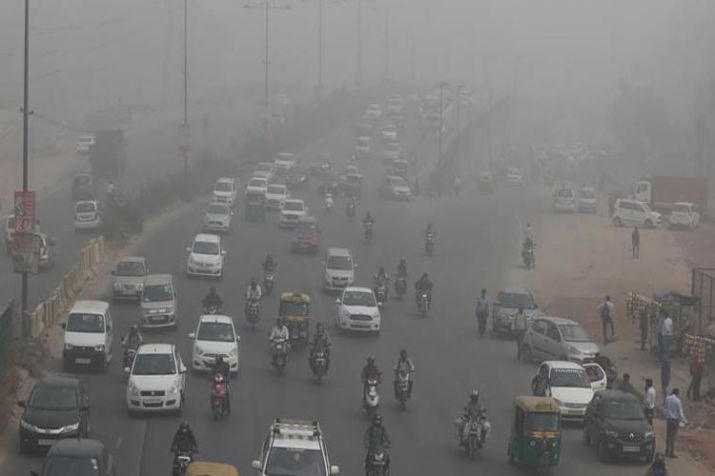No relief from Delhi pollution after New Year, further deterioration warned

- Country:
- India
The air quality in the national capital and adjoining areas continued to be in the 'severe' category on the third day of 2019 and experts say it is expected to worsen. "The Air Quality Index (AQI) is expected to go up further within the 'severe' range until Friday afternoon," the System of Air Quality and Weather Forecasting And Research (SAFAR) said on Thursday. The 'severe' situation is likely to deteriorate further as the India Meteorological Department has forecast light to very light rains from January 5 to 7.
"The winter pre-shower conditions which introduces a huge amount of moisture with dense fog is responsible for a peak in the current scenario. Only sufficient rain can bring relief as a little shower only aggravates the situation," SAFAR said. The overall AQI of Delhi on Thursday at 1 p.m. was recorded at 452 and pollution levels depreciated to 'severe' category with many areas recording Particulate Matter (PM)10 and PM2.5 levels way beyond the safe standard.
As per the Delhi Pollution Control Committee (DPCC), the major pollutant in many areas was PM10. Wazirpur area was the most polluted with PM10 and PM2.5 level at 840 and 578 microgrammes per cubic metre. It was followed by Jawahar Lal Nehru Stadium with 658 of PM10 and 520 of PM2.5, and then Anand Vihar with 603 of PM10 and 467 of PM2.5. The safe standard for PM10 is 100 microgrammes per cubic metre, whereas for PM2.5 it is 60 microgrammes per cubic metre.
The other hotspots with 'severe' levels of PM2.5 include ITO (447), Dwarka Sector-8 (416), Mundka (460), Jahangirpuri (473), and Delhi University's North Campus (444). Experts advised against all physical activities outdoors, including morning walks. "Do not rely on dust masks for protection against pollutants. Instead, use N-95 or P-100 respirators when stepping outdoors," an expert said.
(With inputs from agencies.)










